moneylogic
12 terms about money
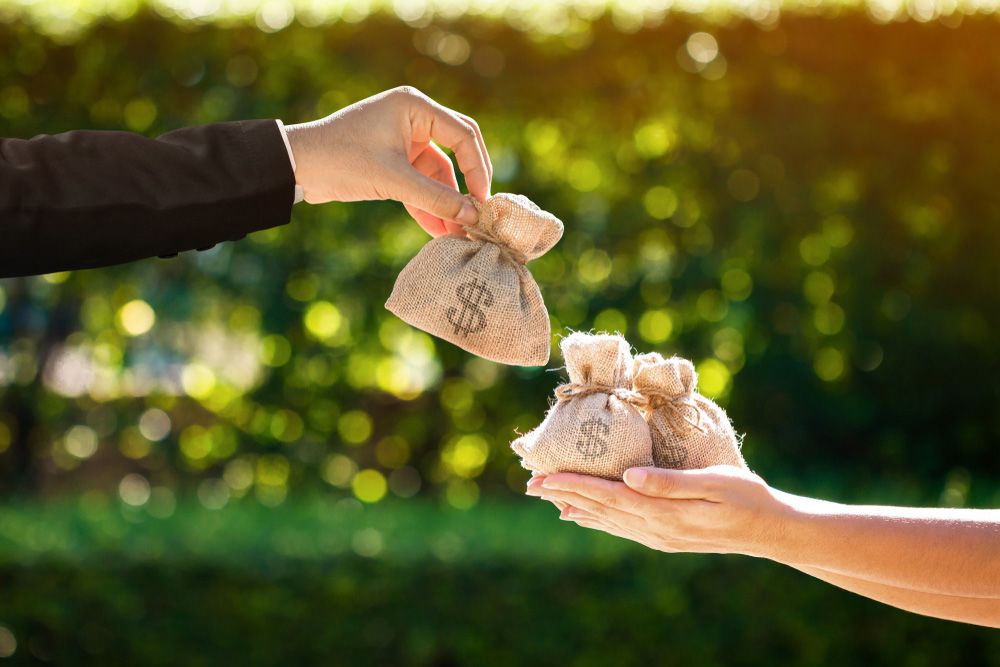
What awaits you in this reading?
Money is so close to us that we lack the distance to really understand it. We can't see the forest for the trees. Or tell me: What is money? Before you start to wonder, read this article that explains twelve aspects. Imagine taking a few steps away from the concept of money and walking around it in a clockwise direction. At each marker of a full hour, you stop and look from a different angle at this dazzling concept in the middle, each time revealing a slightly different picture.
Money is not only a means of payment or a store of value, it also has a fundamental influence on us humans. Because money has not only an economic side, but also a social and even a mental component. To help you explain such a complex phenomenon, illustrations accompany this text and explain the twelve central aspects of money. If you work through the material thoroughly, you will have mastered the topic. And then it's your turn: Only when you formulate your own definition(s) can you really talk about money!
What can you learn from this reading?
- You will see that money is more than just a means of payment and a store of value.
- You learn to understand money in its entirety. You broaden your view and you learn that money is much more than an economic phenomenon.
- In the end, you work out your own definition, in your own words and with the knowledge you have acquired - so you are ready to explain to others what money actually is.
How is the document structured?
The article consists of twelve sections, each dedicated to a facet of money and each composed of a crisply worded text and an illustration that helps to securely store the definition.
Who drafted this document?
Jürg Conzett has worked as an investment strategist for a long time. He founded the Sunflower Foundation and the associated MoneyMuseum in Zurich. Both institutions deal with money and economics in all their facets and critically scrutinize them in order to find solutions to current problems. The content is based on the research of Eske Bockelmann.
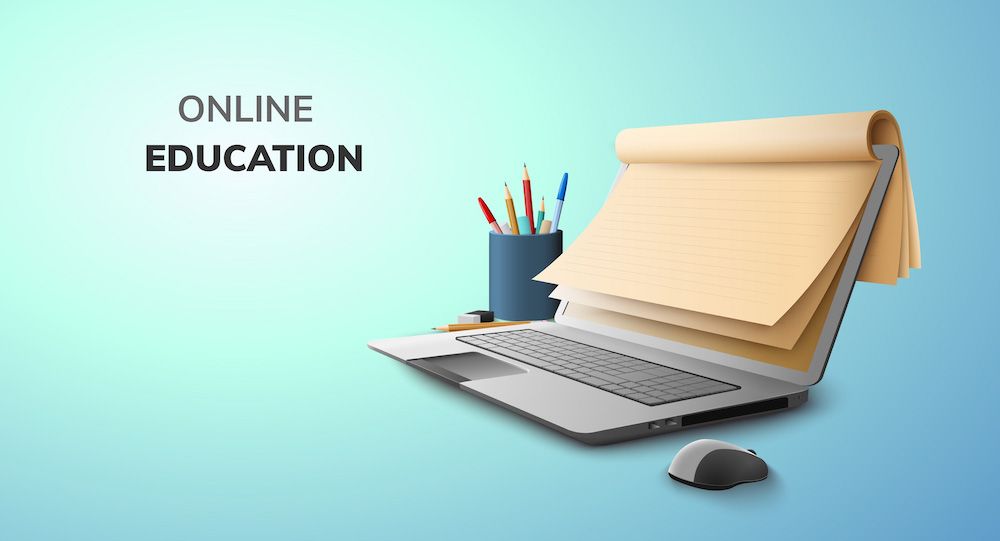
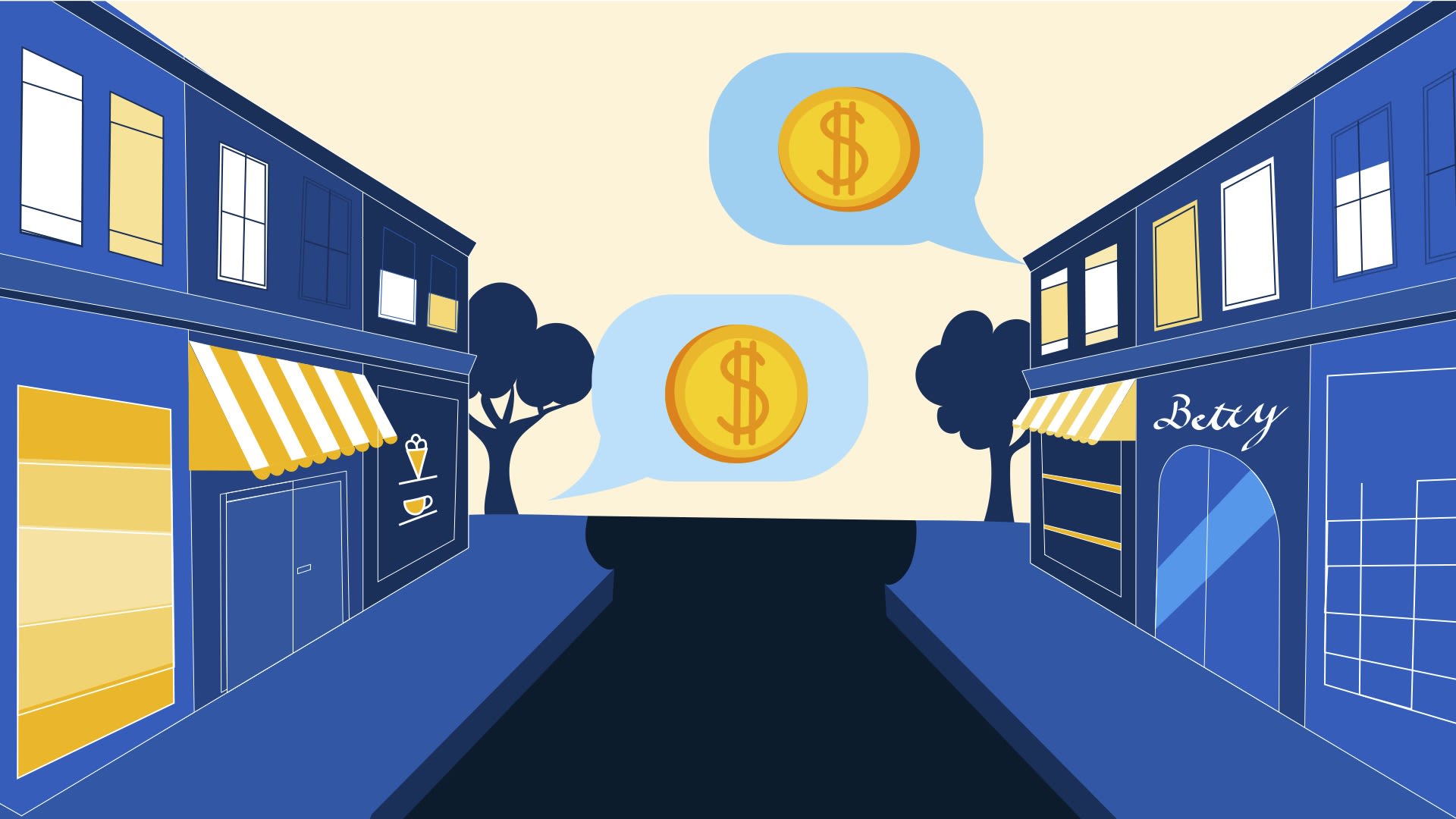
Beautiful main street with stores, hotels, restaurants and great offers ... but only for money. What does it mean to live in such a city?
Beautiful main street with stores, hotels, restaurants and great offers ... but only for money. What does it mean to live in such a city?
To be able to talk about modern money, we need terms. They describe money as an economic, social and mental medium.
1. Medium of exchange
When asked "What is money?" most people answer: Money is a medium of exchange. Let's take a closer look at this concept. Money is a universal medium of exchange. That is, this one medium of exchange can be used to buy everything we need or desire to live. Think about what you could buy every day without money ....
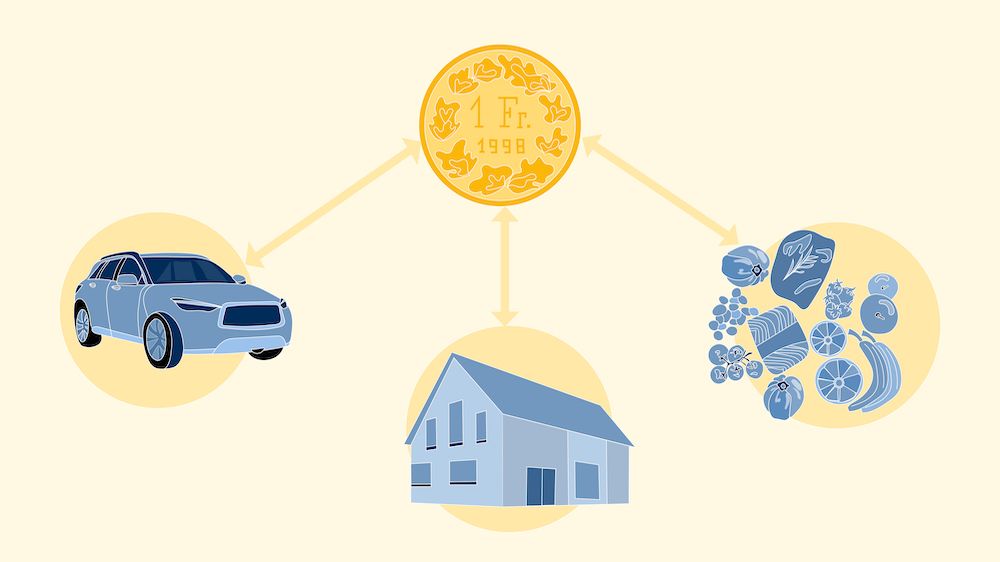
There is a universal medium of exchange in every nation state with which everything can be bought and sold. Guaranteed by state regulation and force and the money monopoly.
There is a universal medium of exchange in every nation state with which everything can be bought and sold. Guaranteed by state regulation and force and the money monopoly.
MONEY is not a commodity. But it is not to be used for anything else than to buy goods with it. It is pure means to an end, to exchange. GOODS, on the other hand, is not money. Commodity is useful good. Money is pure means of exchange which accesses goods, and it exists outside of the reality of the goods.
Money is an economic medium.
2. Exchange value
What do we usually do with money? We buy something with it. To buy something means: A thing - costs - something. It means: This thing - is worth the same - as this money. This works by adding the monetary value to the thing.
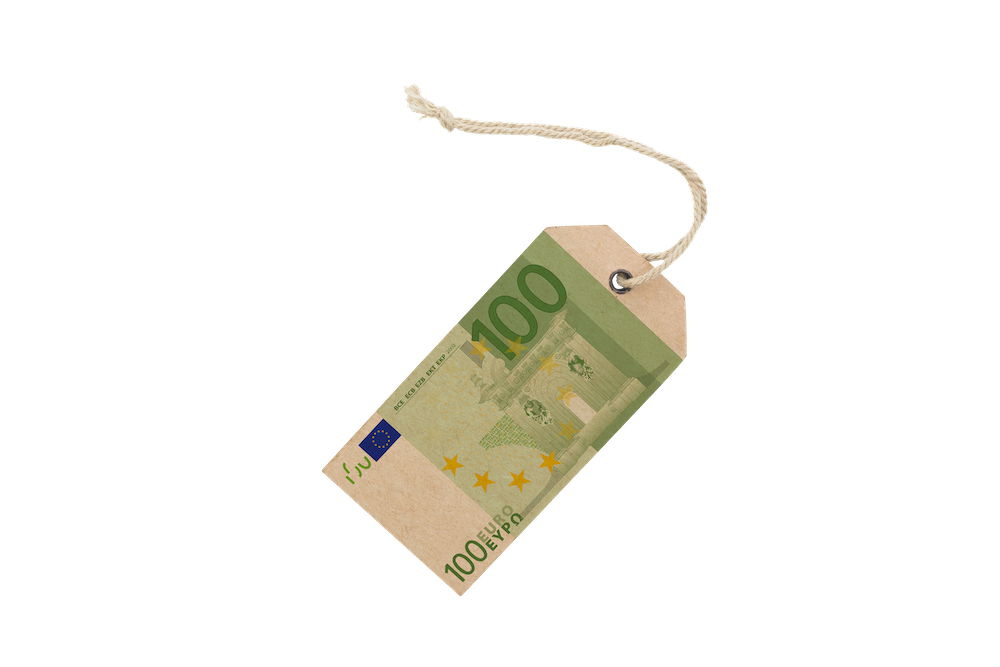
VALUE (monetary value) = VALUE (commodity value) and this added value is the exchange value.
Thus we begin to treat the things of this world as exchange value and thus like money. Where can value be found in nature, in things, in what we do? - Except in our heads?

VALUE is the lens through which we see the world.
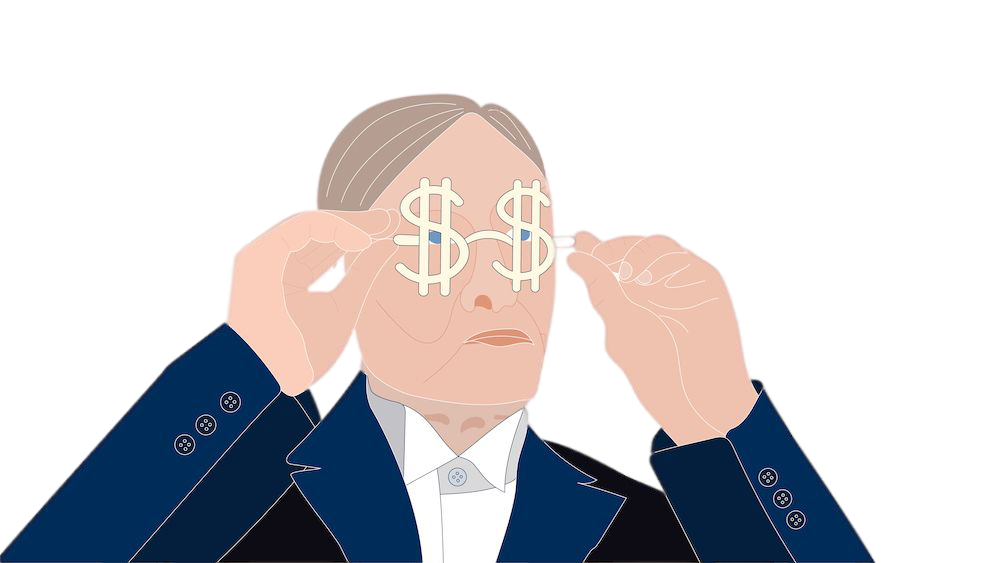
Let's try to see without these glasses: Then the cow as a means of production becomes a sensitive animal or workers become very different people with their very special characteristics.
MONEY functions as exchange value and is experienced by us as exchange value. This exchange value remains as such even after a purchase. I can continue to use the money received in a sale to buy other things.
GOODS carry the exchange value, but are otherwise still the goods they are. As soon as they are used or consumed, they lose the exchange value again.
The equation of money with the things of this world forces us to treat things as exchange values.
3. Value
Monetary value is a quantity without substance of its own. Modern money, whether as a coin, a banknote or a number on an account, testifies only to the existence of a certain quantity of monetary value - nothing else. This in contrast to gold or silver coins, which had their material properties and could enter into a purchase as a standardized good.
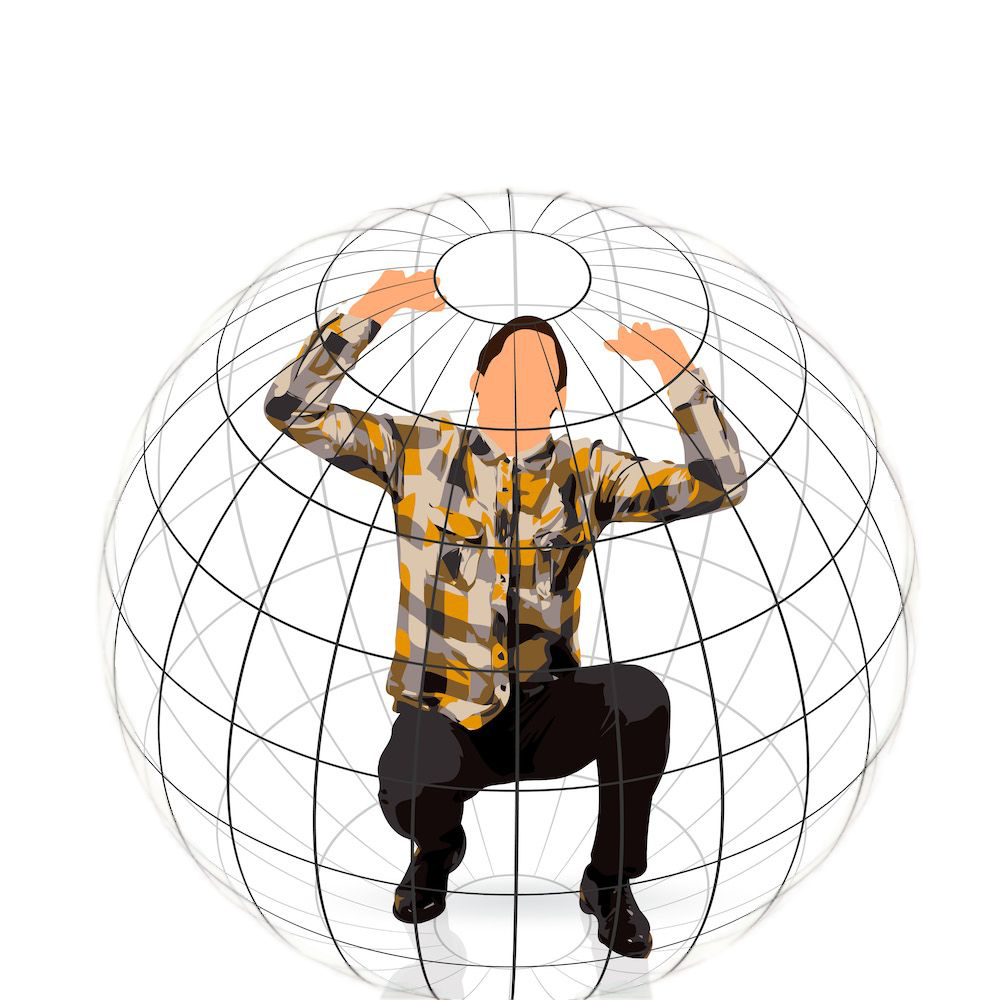
Monetary value consists solely in the fact that a certain quantity can be exchanged for concrete things. Monetary value is an empty reference system against which goods are measured as against a yardstick.
Thus, we humans depend on something that does not exist as a thing, but as a reference system that could never exist on its own. By people accessing all the existing things with money and disposing of other people, it exists. If this chain of purchasing actions were suspended, numbers in the account would simply be numbers or banknotes would be useless paper. In other words, without people handling money in a very specific way, there is no money. Unlike gold and silver coins, which could be set aside or converted into something else at any time.
4. Nation states
For money, as a pure reference system to work, people have to handle it in a very specific way. This is ensured by the nation states, which define their respective national currencies as the legal and sole means of payment and enforce compliance with the rules by means of laws, courts, police and, if necessary, with the help of the military. After all, the nation states are just as dependent on money for their existence as their inhabitants are.
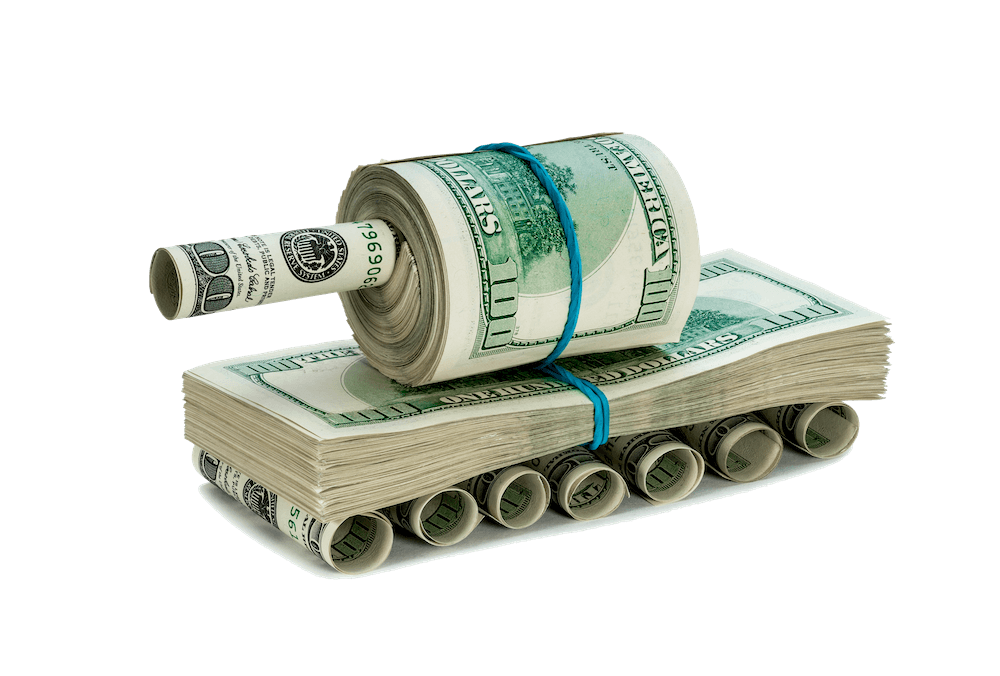
5. Ownership
Something costs something is a simple formula. But this formula cannot be observed in nature. It is a happening that takes place only between people.
Money is a social medium.
Money is paid for something, but always to someone. Through money, people face each other as buyers and sellers. One gives his money against the goods of the other, the other gives her goods against the money of the one.
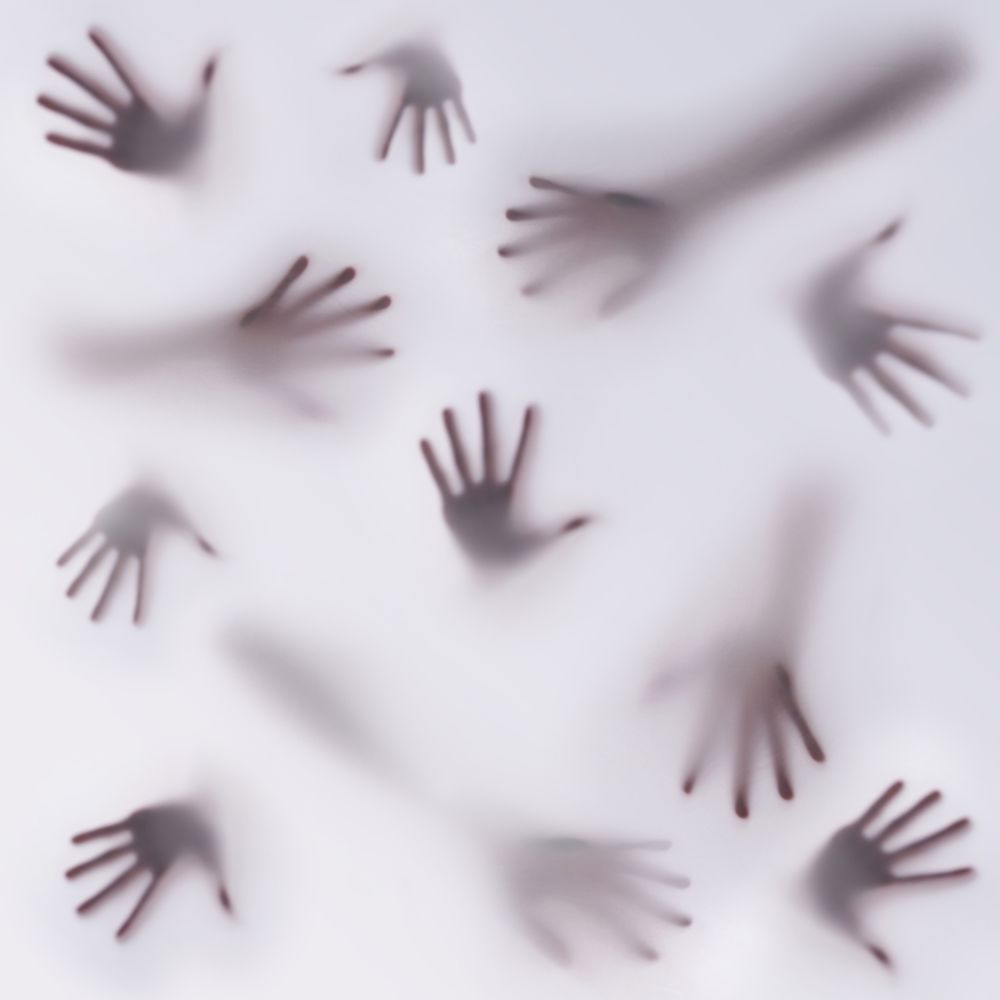
In order for people to be able to exchange goods for money, they must first exclusively dispose of them - both the goods and the money.
Thus, people face each other as owners in a very special relationship. What does this special kind of relationship mean in its consequence?
6. Exclusion
For people to pay money for something they need or want, they must first be excluded from it. This exclusion is imperative, otherwise the formula "something costs something" loses its validity.
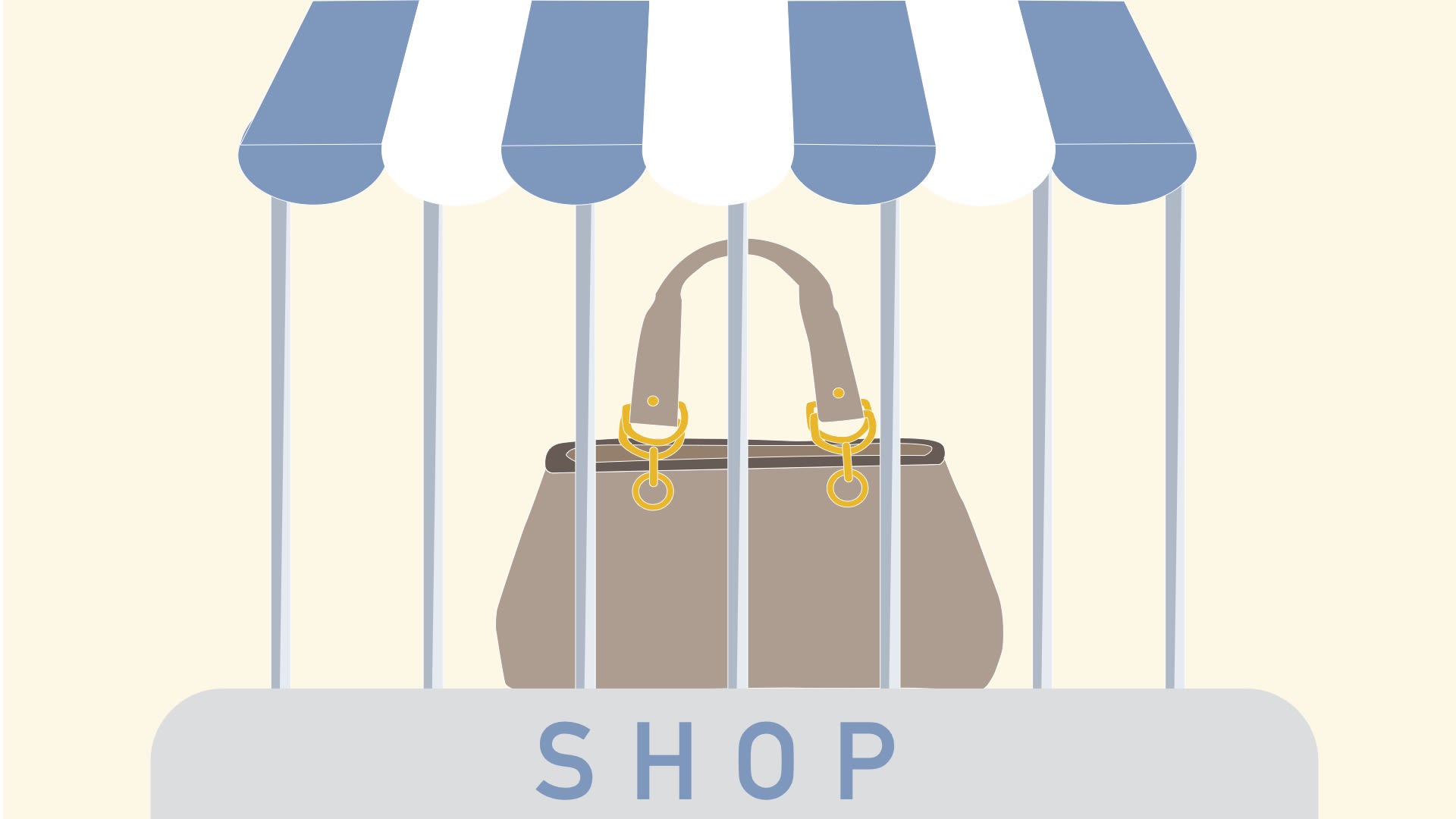
Viewed the other way around, money needs scarcity of money. Only where someone lacks it, the exclusion necessary for functioning arises.
Money denies the access to all goods, so that only money can provide it.
All the things that really exist are available only where the money for it is available. Without money they are not available, although they do exist. Conversely, only those goods find use that find a buyer. Goods that do not find a buyer are destroyed.
For those who do not have money, money creates scarcity.
For those who have money, money creates abundance.
7. Power of disposition
Money forces people to do something for which others pay money. For money comes to each exclusively through other people. As a rule, people do not sell what they have, but what they perform or produce.
For money everyone is forced to let others dispose of themselves and their work, in order to be able to dispose of others and their work with money. Think about how many people worked for you on an ordinary day. Don't forget to count the people who made sure that the rice for your lunch grew in the fields of northern Italy, was harvested, cleaned, packaged, etc.
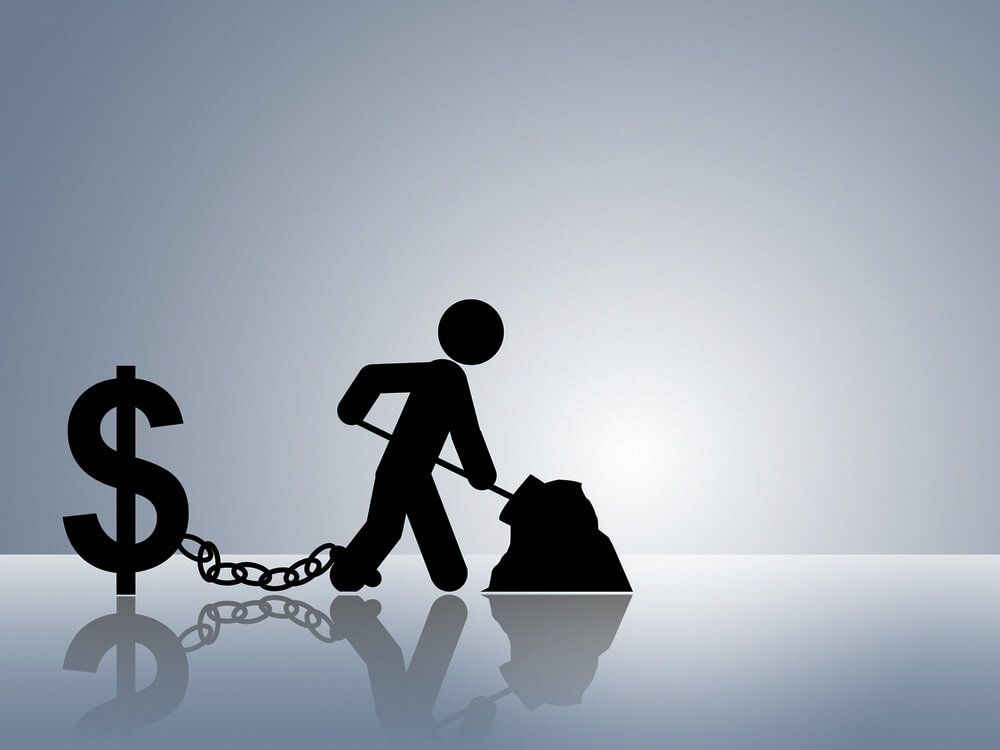
8. Competition
Those who need money need the same as everyone else - from others - for themselves. In order to get money from someone, he must turn to someone with whom others are trying to do the same.
Through money, everyone competes with each other: for the money of others, against the others, and each and everyone for themselves.
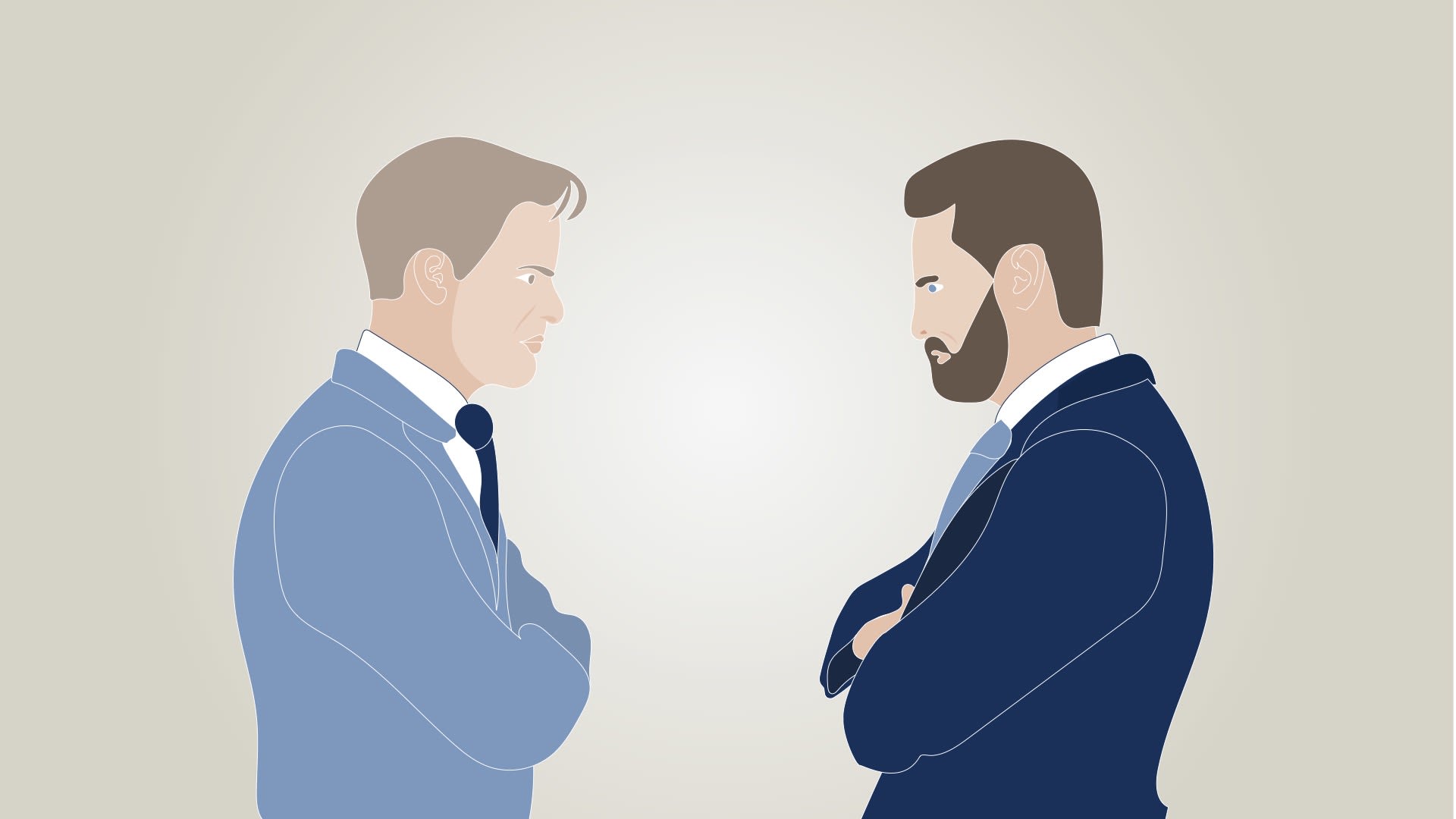
Competition is driven by the necessarily opposing interests of buyers. The buyer tries to get goods for as little money as possible, the seller tries to get as much money as possible for his goods.
The competition for money takes place between the individual people who have to assert themselves on the market - that is what this competition is called.
This happens between professions, companies, between communities, cities, regions, states and state blocs.
For all of them, it is a matter of making money for themselves by accessing others and competing with others.
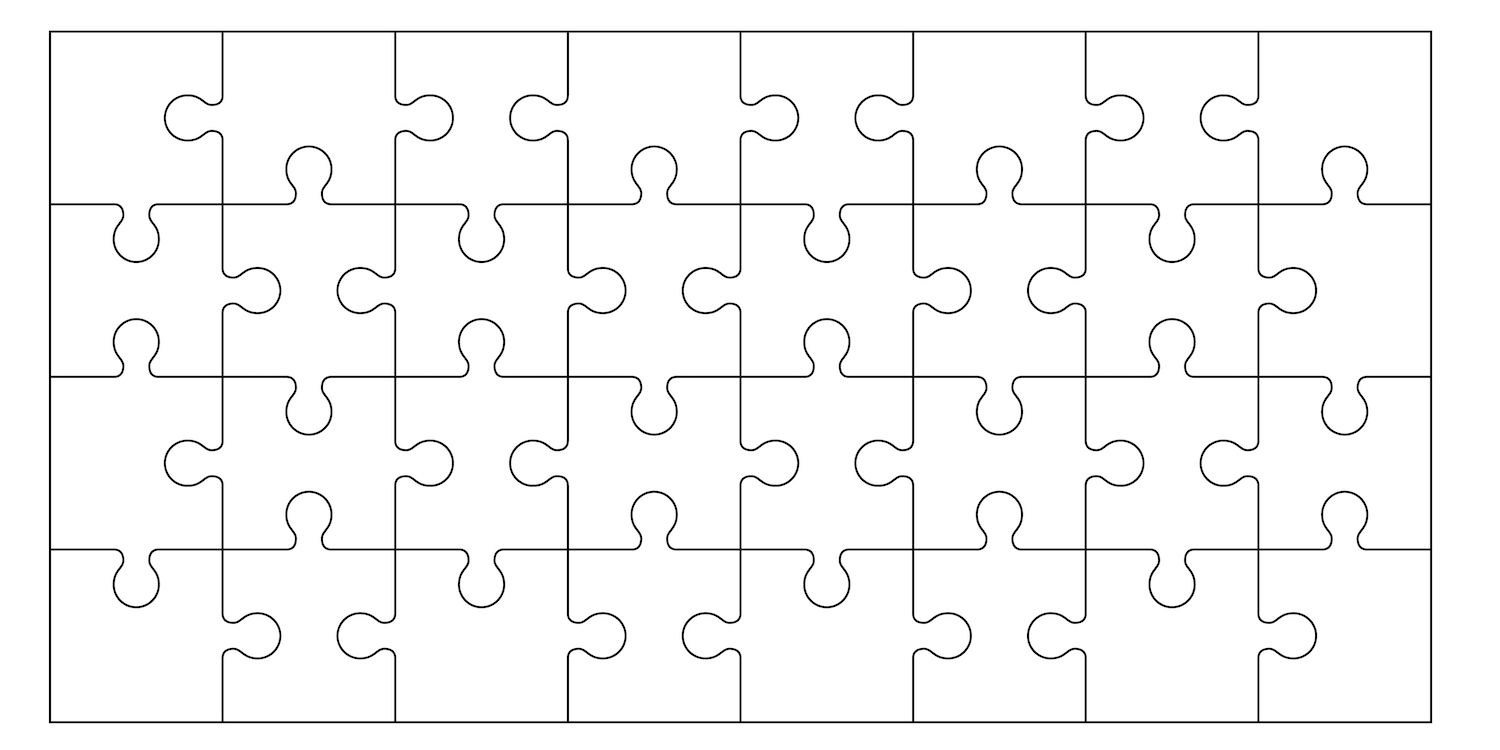
9. Credit
credere … to believe
Because money itself consists of nothing, it can only be created as credit; it circulates as credit, it exists as credit.
Money is a mental medium.
It is never money once and for all, but must always prove itself as money in new acts of transaction and be used in such a way that it yields more money.
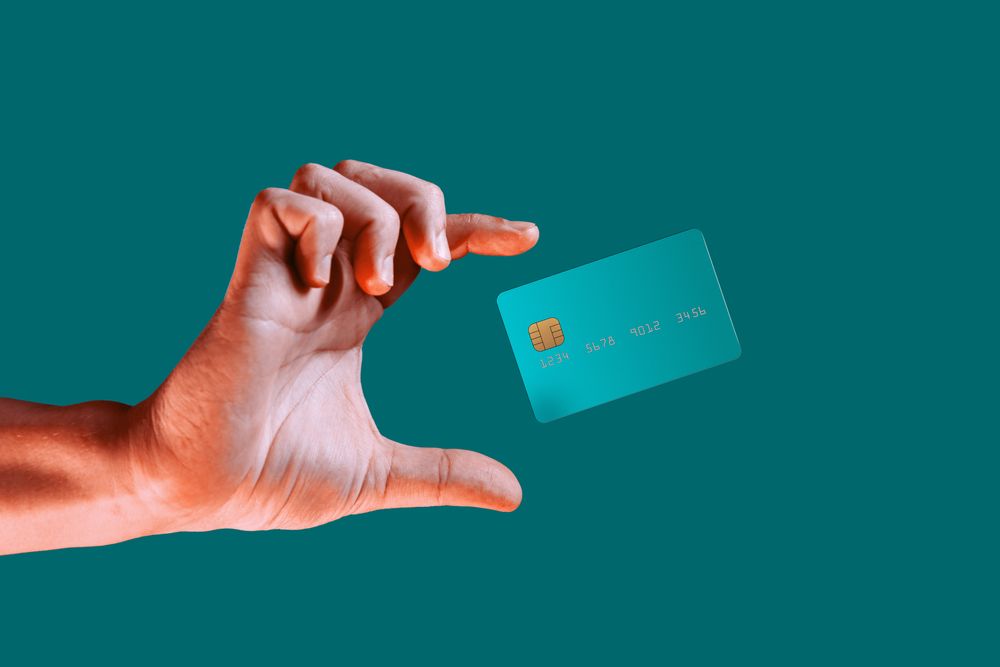
Where this does not succeed, it loses its property as money, namely its exchange value.
Since money finds its value solely in the goods which can be bought with it, the chain of acts of purchase must not break. Money is not itself substantial property, but solely the means by which substantial property can be acquired. Money is purely a means of exchange.
10. Financials
To make profits, money must become more money. Money is capital. And the more it becomes, the greater is the increased quantity of value, which in turn must become more.
This increasing demand for surplus value cannot be satisfied by the profits made by means of physical goods.
A monetary profit by means of goods, which is expected only for later, can be anticipated, however: in the form of securities. These securities are worth money by the fact that money profit is expected from them.
Their value rises or falls with the amount of the profit expectation.
Every value that a security represents in this way can in each case become the subject of a profit expectation again - in another derivative financial security. In this way, the originally expected monetary gain is multiplied further and further.
Every financial security promises a monetary profit for the future, which is already traded as a value in the present. Ultimately, however, all these securities remain tied to the redemption of the original profit expectations. If this falls away, the value dissolves into thin air.
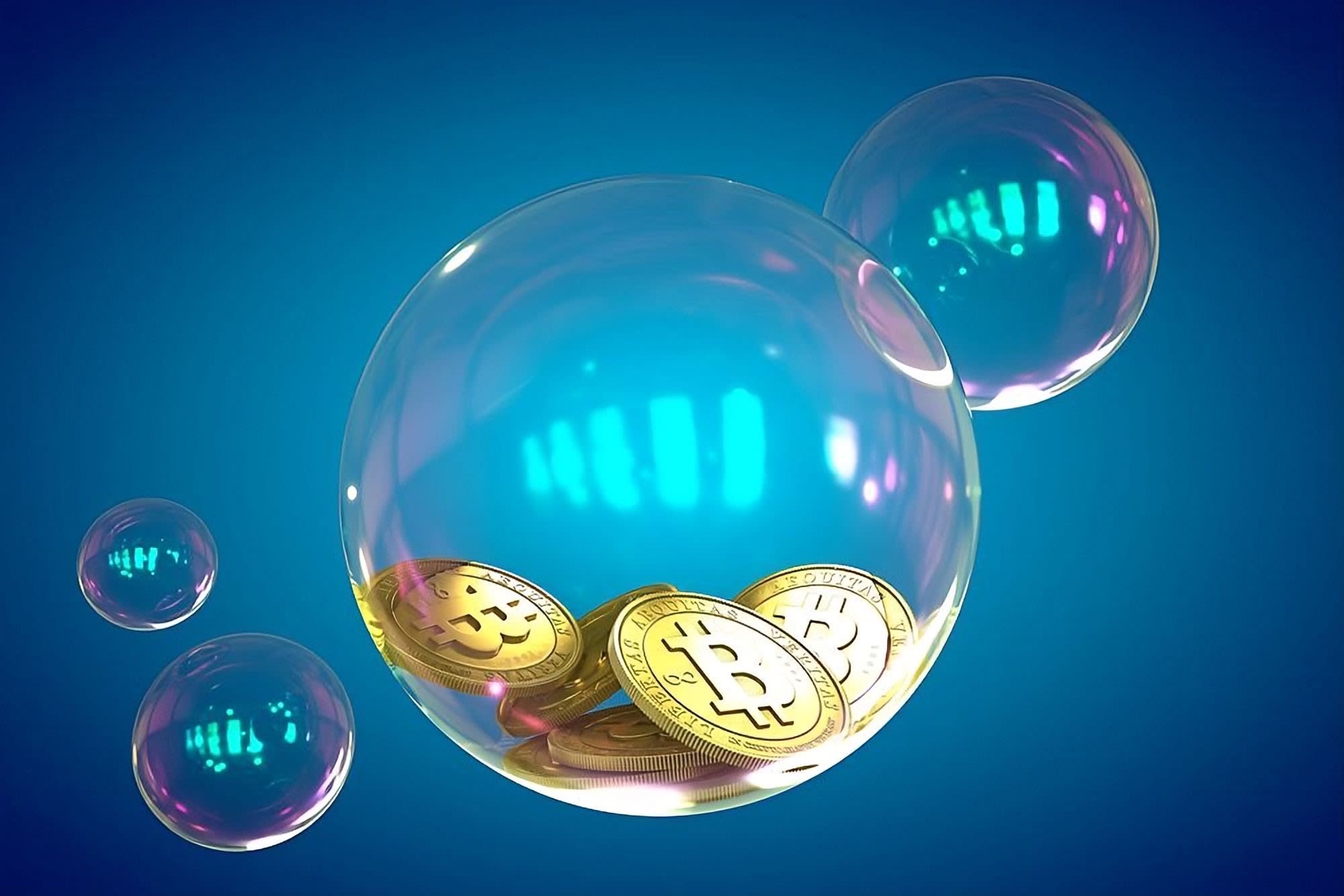
11. Growth
Since money is considered the universal means of payment and our livelihood depends on money, we all have to make sure that we ultimately have more money than we spent on acquiring it.
Only with this extra money can we buy all the things we need to live.
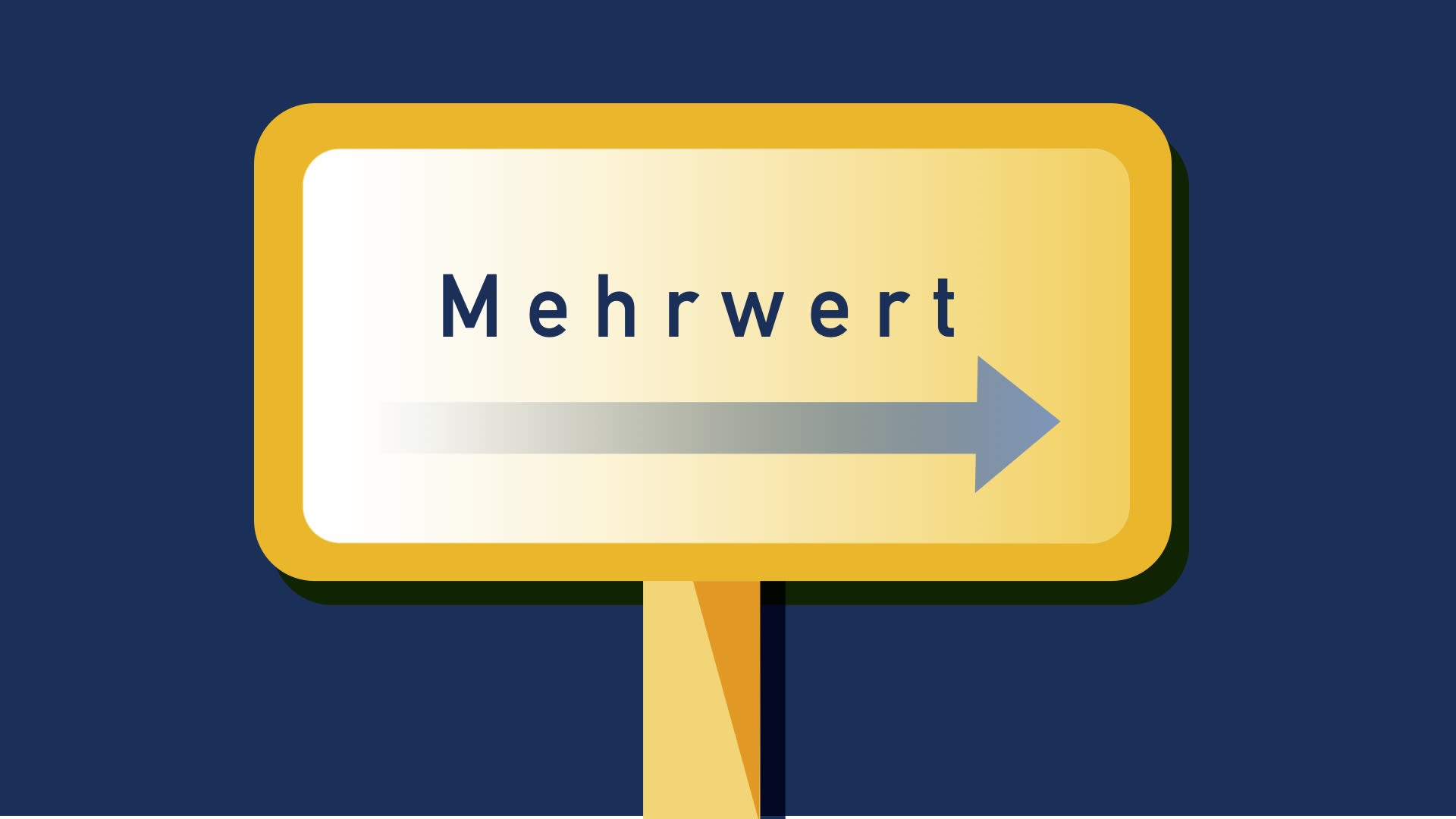
No matter by whom or with what business is done, whether by individuals, companies or corporations, whether with the production of goods, with trade or anything else: Where business does not bring in enough money, it must cease - through abandonment, renunciation or bankruptcy.
The multiplication of money succeeds:
- by actively expanding the space in which people are forced to live on money (first in Western Europe, then in the colonies, and today around the world),
- by more and more things being made into commodities; by the need to make purchases at shorter and shorter intervals; by shorter shelf lives, etc.
- by the payment of people for working to produce goods or perform services, the sale of which brings in more monetary value than is paid for the labor.
In an economy that runs on money, growth is not the result of greed, but a necessity.
Money also has drastic consequences where it is not a matter of buying or selling.
12. Think reflex
Money affects our thinking, how we see the world, and it is difficult to grasp because we usually think about money with exactly this view.
Since money value has no substance, it is basically a mere imagined quantity: something that all those who deal with money must necessarily comprehend and perform in their thinking.
With money, it becomes not only necessary but commonplace to think all things and phenomena in quantitative form. For everything in the world to which a monetary value is assigned is thus thought of as a monetary value - as a pure quantum.
The stronger people's dependence on money becomes, the stronger the reflex to think of everything as quantifiable, far beyond occasions that involve money and buying.
Examples: Disaster reports consisting mainly of casualty figures, damage totals; pain and pleasure are mapped as negative and positive values on a scale of sensations; compensation for land grabs as a percentage of the area taken to the total area, without considering the significance for the affected population.
And because money is pure quantum, it demands a very special kind of abstraction from us.
It makes us think in exclusionary relations: commodity is not money and money is not commodity and yet the two condition each other.
This kind of "relating" has been paraphrased by Aldo Häsler: "Money connects by separating." This is the same abstraction that Eske Bockelmann has elaborated in his book "Im Takt des Geldes" and which he calls functional thinking that reflexively influences our perception. It leads, for example, to the fact that we see ourselves as independent individuals and the world as environment.
Every thing, every being, every activity, every sensation, everything in the world has its particular content, its properties - except money. But all that, with all its special content, people think and treat at the same time as something without any content - through money.
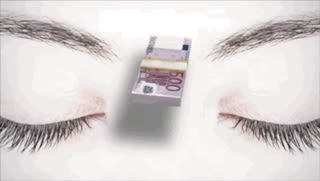
When we think of money ...
When we think of money ...
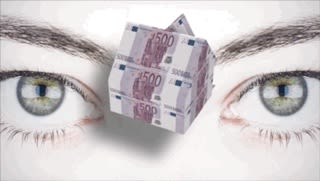
... we immediately think of what we could do with it. It's functional thinking.
... we immediately think of what we could do with it. It's functional thinking.
